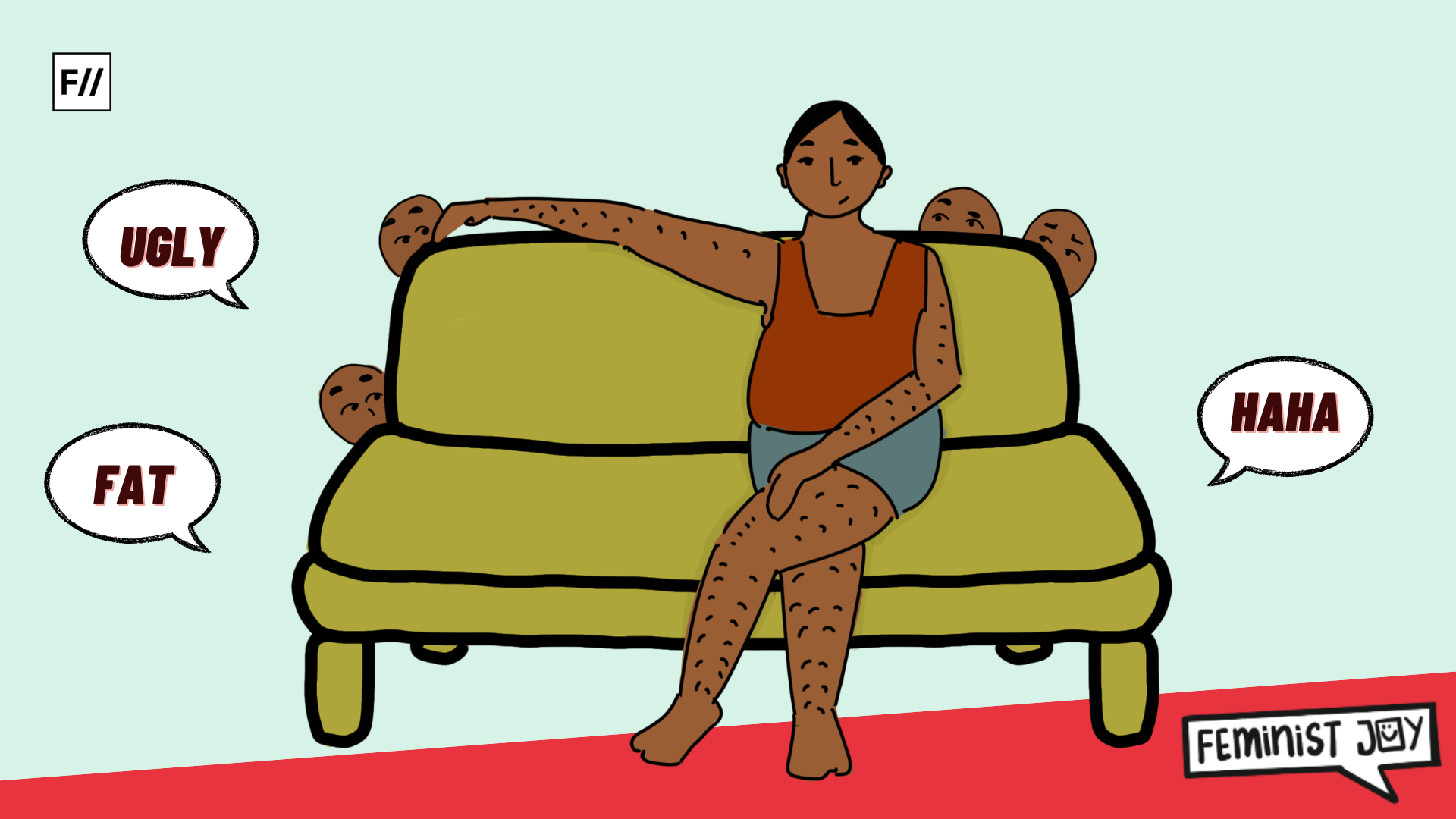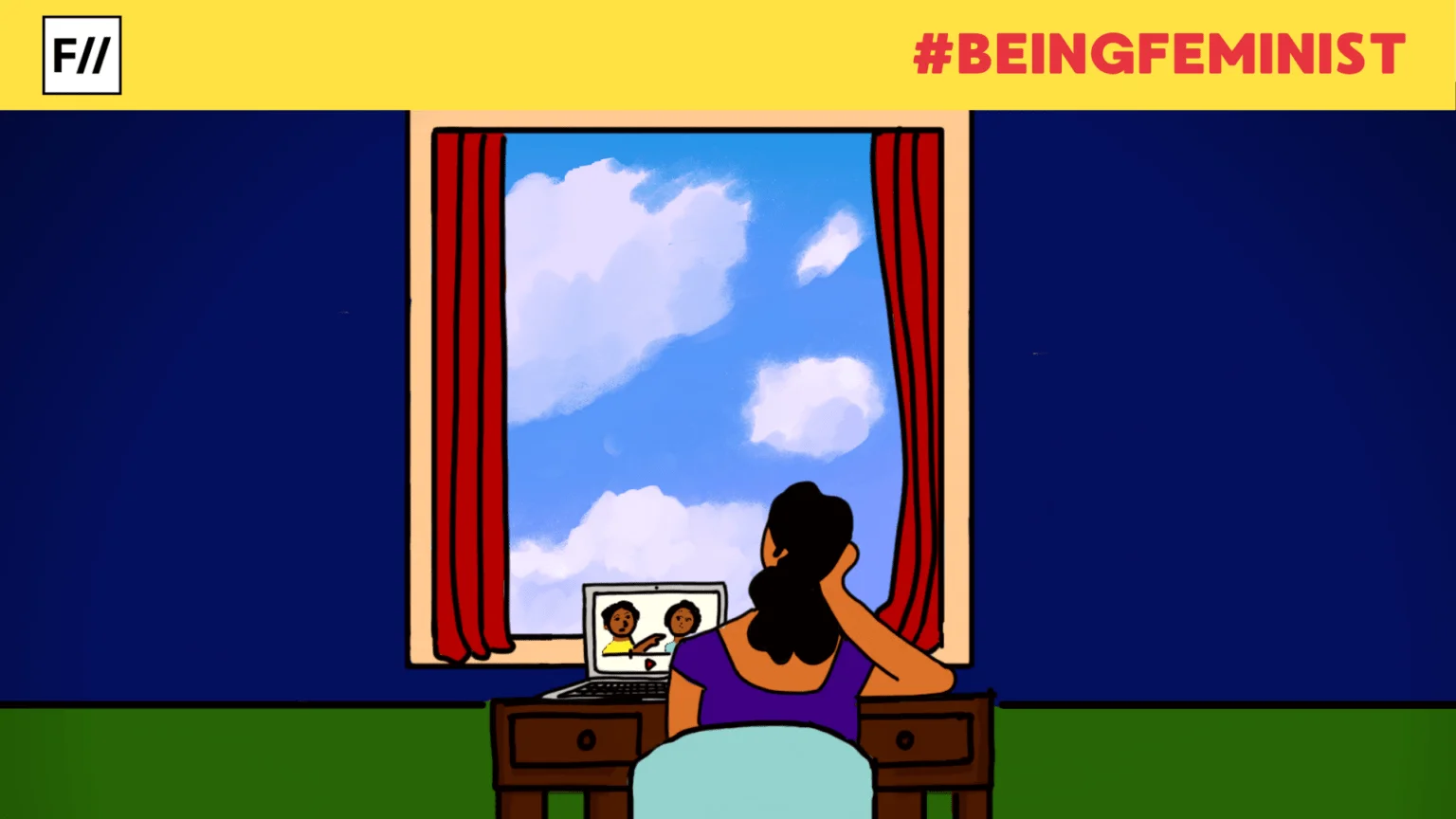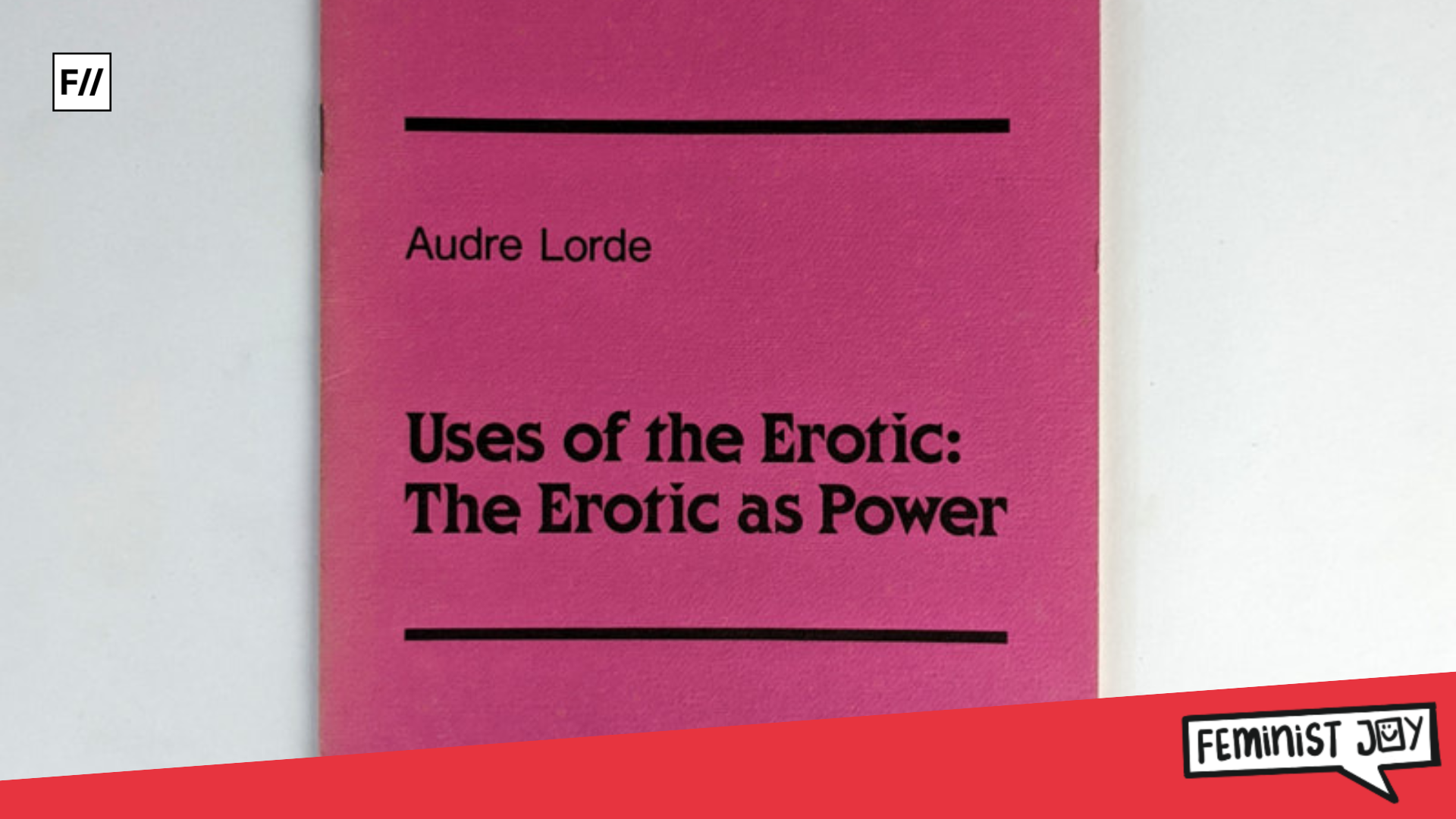Trigger warning: Sexual abuse, Violence
Posted by Samita Nandy
I left abusive environments to pursue an education and embark on my path to earning a PhD in fame. My goal? To honour my mother, who was forbidden from becoming a Bollywood film actress and stage dancer on the grounds of sexism, and to overcome the harassment I continually faced in my own life. After receiving my PhD, I went on to launch the Centre for Media and Celebrity Studies (CMCS), which empowers women to take creative and financial control in the post-Weinstein era of Hollywood. But things weren’t always this simple for me. Long before I found my voice, I faced a great deal of inequality as a woman – starting in my own family.
On February 5, 2018 – a year after my father took his last breath – I called my uncle Sailab Nandy. I was nervous about the call. Dark memories washed over me each time I thought about my father’s eldest brother Manesh Nandy, who lived with Sailab.
Despite my grandfather’s wishes, Manesh – as the firstborn son in British India – believed he was exclusively entitled to the family’s multimillion-dollar inheritance. He acquired my uncle Sailab’s assets through coercive practices and fraudulent signatures, with the aim of funding his drug-addicted, school-drop-out sons. One of them, Souvik Nandy, demanded that I masturbate him.
I was eight years old at the time.
Yes, #MeToo.
When Manesh answered my call, I found myself at a loss for words. My sense of defeat was fuelled by the lack of evidence surrounding the situation – that, and the challenge of admitting to the sexual harassment permeating our modern family. We had predetermined narratives of love, and sexual harassment didn’t reflect those ideals.
“It’s Samita. Is Uncle Sailab there?”
“He’s out for a few minutes. How are you doing?”
“Well, it’s the anniversary of my dad crossing over,” I swallowed.
“Yes, yes,” he replied, his pitch moving from high to low. Then he chuckled. “You know, I always thought your dad would have lived way longer than us, but he took his own life.”
“What are you talking about?” I stammered. “My dad was the most hardworking, positive person I knew!”
“He was depressed! Why else would he have buried himself in work? Look at the rest of us, enjoying our retired lives.”
My sense of defeat was fuelled by the lack of evidence surrounding the situation – that, and the challenge of admitting to the sexual harassment permeating our modern family.
Before I could share how my father and I loved our café times, cooking at home and travelling together, he overtook my words – just like his son overtook me when he forced my hand on his penis
“Look, when your father was little, he had typhoid and memory loss. A part of his brain was damaged. You understand, Samita? Damaged!”
“He was a very hardworking person,” I retorted, my heart sinking deep in my chest.
“And what about your hard work – your name and fame, as I see on Facebook?”
“I’m working in New York but wish to spend time where my dad wanted to settle – at your home near Calcutta. I feel lonely and want to extend my work in Mumbai. Perhaps I can fly from your home, as Uncle suggested?”
“With the name and fame you have in New York, you should be happy where you are,” he said.
Well aware of my international phone bill, I told him I needed to hang up but promised to call back later. And yet the call did not cut off when I said goodbye. In the background I overheard faint voices – the voices of two men who assumed I was no longer there.
“Sailab, listen,” chuckled Manesh. “Samita is a problem. She doesn’t know what she wants at this age!”
Hot tears rolled down my cheeks as he spoke of my dad’s only child on the anniversary of his death. I wanted to disconnect the phone, but I needed to hear the truth – no matter how much it hurt to listen.
“Those Western people are obsessed with the material, you know?” said Sailab, breaking my trust then and there.
“Look, she can come in a couple of months,” my eldest uncle continued. “We’ll make her sit down and explain that her fantasy won’t work. She can visit, but she cannot stay.”
My common-law partner saw me shaking. I still heard my uncles’ voices over the phone, but I was no longer listening to their conversation. I had heard everything I needed to hear.
“I am a problem?” I cried, turning to my partner. “His sons dropped out of school – they were on drugs, they were perverted and abusive – but I am the spoilt kid? My father failed to raise me? Despite my education, despite my trying to please them, this is what they tell me?”
No matter how educated a woman might be, some will still see to it that she feels powerless. I remember my father telling me this unfortunate truth in Toronto, where I was born.
This was not the first time a woman had been silenced or excluded in my family. My mother’s youngest sister was kicked in her pregnant belly by her husband Ananda Dutta in Calcutta. Ironically, he was still put in charge of finalising all the weddings in our family, despite the tensions in his own marriage. In 2015, he verbally abused my aunt – and me and my father, for that matter – when we were asked to share the reasons for our plant-based lifestyle. When we gave him the facts, he yelled and falsified research; he once ran a chicken farm on his terrace, and claimed he knew everything as a result.
In fear of losing my voice for good, I decided to leave the relationship. Instead of becoming Mrs Taylor, I worked my way towards becoming Dr Nandy.
I then blurted out my imperfect feminist practice, “I do not keep men like you in my social circle.”
“See how your father’s family is treating me now!” he yelled at his wife. The use of ‘father’ in this context conjured up images of handing over daughters to strange men, reinforcing patriarchal narratives designed to maintain an imagined sense of male entitlement. Within a few days, my uncle made his wife and son cut all communication with me and my father, in an attempt to silence us. But what can women do when they are muted? How can they succeed despite this kind of abuse?
When I went to Australia in 2006, it was not to pursue a PhD. I’d fallen in love with a man I met online, Iven Taylor, who comforted me after I lost my mother. I became a part of the Taylor family – and Iven was very kind at first. As time went on, however, he began to swear at me, and said that I was “silly,” “stupid” or an “idiot” for any and every mundane reason. He even threatened me after I found emails and computer files detailing the various women with whom he’d slept in my absence.
I felt punched hard in the eye after each verbal abuse, but had no evidence of the intimidation. And yet no woman needs to be perfect for justice to be served. The only evidence I had were those 22 computer files that I could not reveal from his property.
Also read: How The #MeToo Movement Finally Granted Objectivity To Women’s Stories
“Why do you want to be with me, Samita?” Iven asked in the kitchen after I confronted him. “You are way up here –” he raised one arm above his head “–and I am way down here.”
If any relationship is carried out in fear and under pressure, and there is a lack of individualised choice, it is not rooted in love. I came to realise one does not need to fight for acceptance – we each have the power to speak up and move forward with our lives.
In fear of losing my voice for good, I decided to leave the relationship. Instead of becoming Mrs Taylor, I worked my way towards becoming Dr Nandy. I earned my PhD in fame, founded the CMCS and now take pride in helping other women find a voice in the post-Weinstein era.
Also read: To All The Traumas I’ve Lived
‘Find a voice’ – that’s the key phrase here. We stand strong together, but has it been easy? Obviously not. Yet in my life, I managed to change gears and turn adversity into my own version of success. Success is what life can become, no matter how imperfect it is – not what it should be. I trust that’s what my parents wished for me when they were alive.
Samita Nandy is an award-winning scholar and cultural critic of fame. As a Producer and Director of Centre for Media and Celebrity Studies (CMCS), author of Fame in Hollywood North, and keynote speaker, Dr Samita Nandy has been publicised in media, including CBC, VICE, Flare, Chatelaine, SUN Media, 24 Hrs, Yahoo! Entertainment for her Doctoral research on celebrity culture at Curtin University in Australia. Join her conversations on Twitter @famecritic and Instagram @fame.critic
About the author(s)
Guest Writers are writers who occasionally write on FII.





Thank you very much for sharing your heartwarming path. This is why I became lesbian. I opt out of the patriarchal mysogyny and chauvinism totally. Heterosexual sex has become so tainted it is no longer worth it. I am here for you girl. ?Namaste.?️?